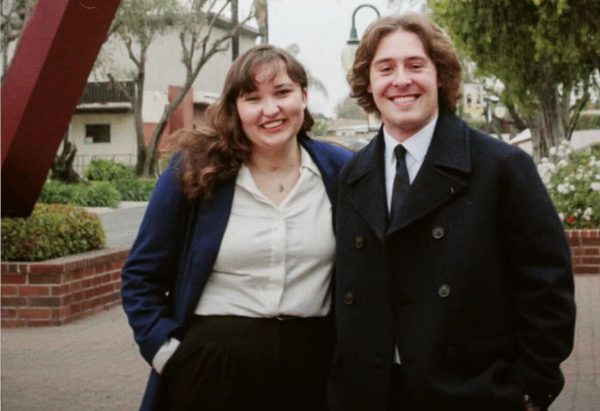California appeals process buys death row inmate more time
Judge’s decision delays indefinitely California’s first planned execution in more than four years.
October 8, 2010
The California Department of Corrections and Rehabilitation execution of Albert Brown, scheduled for Sept. 30, was postponed indefinitely Tuesday.
Brown was sentenced to death in 1982 for raping and killing 15-year-old Susan Jordan.
The change in his execution date came about after the state lost to two court decisions. U.S. District Court Judge Jeremy Fogel blocked the original date because he needed more time to decide if California’s lethal injection process complied with the Constitution.
Execution date coincides with expiration of lethal injection drug
The appeals court agreed that Fogel should not rush his decision simply because of a drug issue. The state’s supply of the drug needed to administer the toxic combination used in lethal injection expired on Friday, Oct. 2. Accordingly, the California Supreme Court moved Brown’s earliest possible execution date to the Friday the drugs expired, which allows Brown to legally complete his appeals process without being rushed by the drug’s expiration date.
Many have expressed frustration with California’s appeals system, citing examples similar to Brown’s case where the convicted have sat on death row for decades appealing their sentences.
“I think, because you are dealing with someone’s life, it needs to be monitored,” Biola junior Matthew Gould said. “But having committed certain crimes, a person forfeits his right to live.”
The process of a lethal injection execution
Sodium thiopental is an ultra-short acting barbiturate commonly used for anesthesia and medically induced comas. A normal dose is three to five milligrams and results in loss of consciousness in about 30 seconds. However, for executions, about five grams is given and unconsciousness usually comes within 10 seconds. After the convict is unconscious, two other drugs are administered: pancuronium bromide, which paralyzes the muscles, and potassium chloride, which stops the heart, according to ABC News.
Drug manufacturer objects to its product being used lethally
The only American company manufacturing the drug in question is Hospira Inc. of Lake Forest, Ill. They have blamed the shortage of available drugs on a problem with the suppliers of the raw materials, but have refused to elaborate on that. One report stated the company lost its sole supplier of the drug’s active ingredient and hadn’t found a new one. The company has expressed some objections in the past about its products being used for executions. ABC News reported that Hospira’s research and development vice president, Kees Groenhout, sent a letter to Ohio on March 31, indicating that the company provides the drug for the use of improving or saving lives, and “does not support the use of any of their products in capital punishment procedures.” The Food and Drug Administration has not found any manufacturers of the drug outside the U.S. that are approved by the FDA.
As medical technology increases, sodium thiopental is much less common, and some have speculated the company does not want to create a drug that is only used for killing.
For the time being, Brown will sit on death row, where he has been for almost 30 years. California hopes to have a fresh dose of the drug by early 2011.






